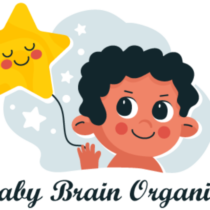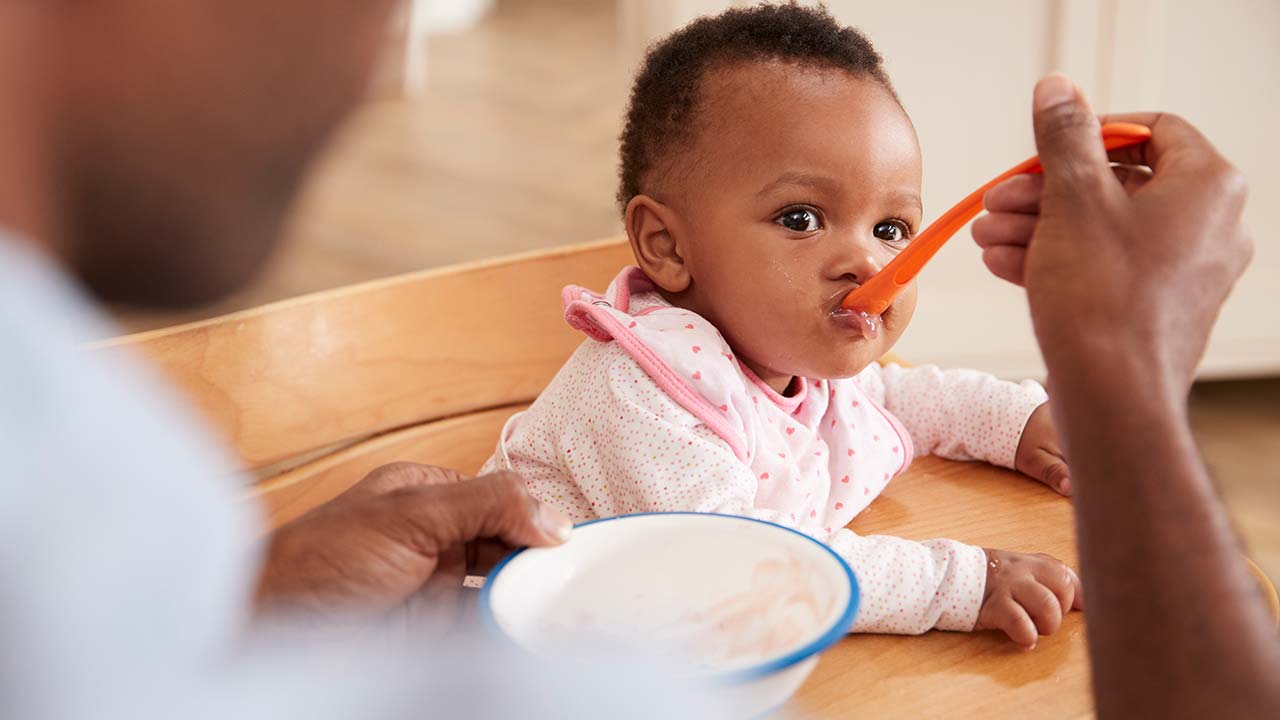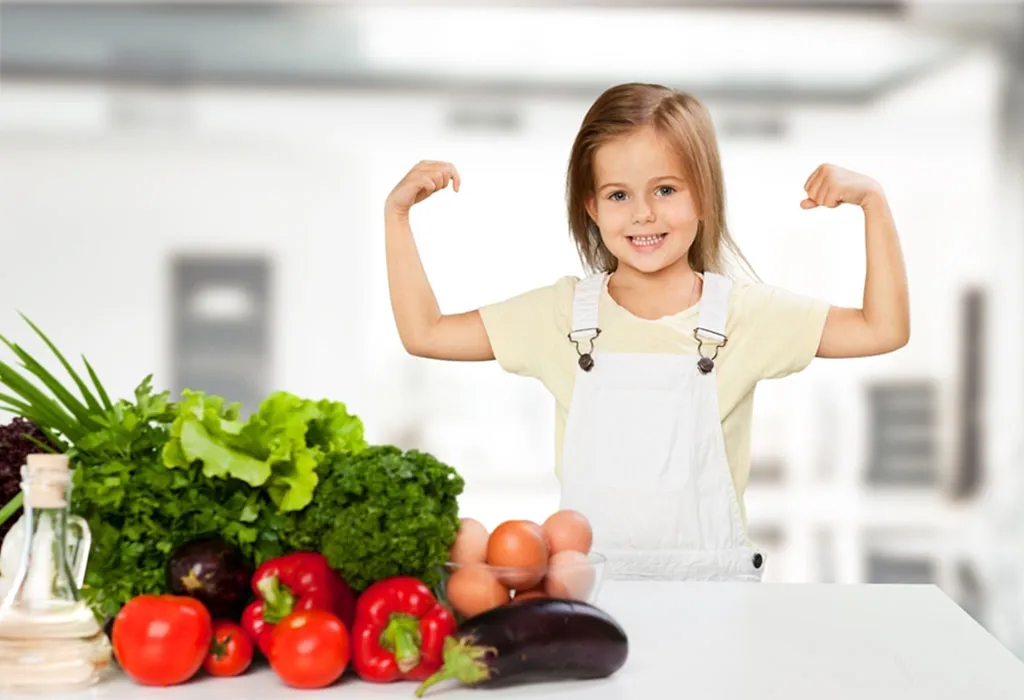In this article, the author presents some basic facts about when babies should start solids and why it should be done at a particular time in their life.
She also gives tips that can help you determine when your baby is ready for solids and what to do if your child does not seem interested in eating solid food.
Introduction
When your baby starts solids, you may be excited about the new foods and flavours they will be tasting. However, it’s important to remember that this is a big transition for your baby. While some everyday things parents need to know about starting solids, there is also some variance across babies.
The following information will help you get started with solid foods and help you understand what to expect from your baby during this time.
What Foods Should Babies Start Eating?
There isn’t one correct answer to this question. It depends on your baby’s age, weight, and health history. However, some common foods that babies start eating around 6-8 months old include breast milk or formula supplemented
with cereal, rice cereal, oatmeal, macaroni and cheese, mashed potatoes, chicken nuggets, peas and carrots cooked in chicken broth or a vegetable broth (without added salt), soft fruit like banana or applesauce with no added sugar.
As your baby becomes more interested in solid foods and tries more variety, feel free to introduce other things such as yoghurt, pureed fruits/veggies (like
What to Expect When Your Baby Starts Solids
When you finally get the green light, and your baby starts putting food in their mouth, it can feel like a huge accomplishment.
After all those months of waiting, your little one has finally become a complete individual. But what comes next? Here are five things to expect when your baby starts solids.
When is the Right Time?
The decision to introduce solids to your baby can be pretty daunting, as there is so much information available. However, knowing when the right time is for your baby is essential.
A few indicators suggest your baby is ready to start solids, but it is ultimately up to you and your paediatrician to decide when best to introduce them.
One indicator that your baby is ready to start solids is if they are showing interest in their food. If your baby is interested in food objects such as jars or cups, this may suggest that they are beginning to develop an appetite. If your baby is sucking on their fingers or reaching for food off a table, they are likely interested in what they see and taste.
Another indicator that your baby may be ready to start solids is if their bowel movements have become more consistent.
Babies who begin solid foods typically pass softer stools earlier in their development than those who continue breastfeeding or formula feeding. If you notice this change with your baby, it may indicate that they are ready to start eating solid foods.
What to Eat?
When your baby starts solids, you may wonder what to feed them. Here are some tips on what to offer your baby:
– Offer pureed fruits and vegetables as the first solid food. These can be mixed with breast milk or formula.
– Next, give your small baby pieces of cooked meat or poultry. This will help introduce them to some new flavours and textures.
– Gradually add other solid foods, such as whole grains, cereal, and fruit. Be sure to introduce these once, so your baby doesn’t get overloaded with new foods at once.
Conclusion
As a first-time mother, one of the most exciting things about babyhood is watching them start to put on weight. You see their cheeks fill out with good food and feel so proud as they slowly become Big Kids. However, it’s important not to get too carried away – babies aren’t eating that much until around six months old!
Here are some tips on ensuring your little one gets all the nutrients they need for healthy development while still enjoying their favourite foods.




